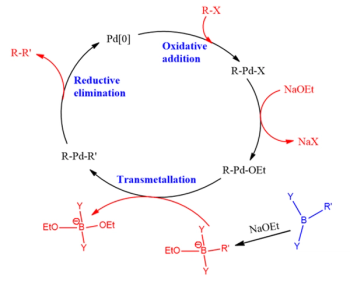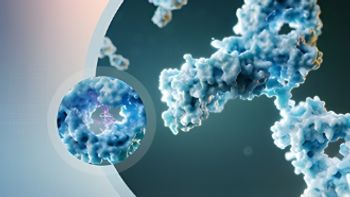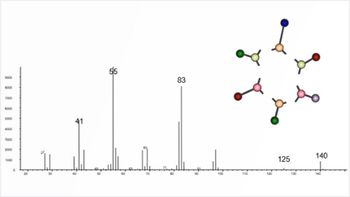
ISC 2024: An Interview with Anneli Kruve
As part of our ISC 2024 coverage, we recently interviewed Anneli Kruve of Stockholm University about her scientific background and her presentation about eludicating toxic chemicals' structures using LC/HRMS.
During the 34th International Symposium on Chromatography, which takes place from October 6–10, 2024 in Liverpool, UK, various scientists presented research about different aspects of analytical chemistry. One such presentation was created by Anneli Kruve of Stockholm University, whose work focused on prioritizing and elucidating the structure of toxic chemicals based on complementary empirical analytical information from LC/HRMS.
Anneli Kruve is an Associate Professor at Stockholm University. She graduated in 2011 from the University of Tartu and continued her studies as a post-doc in Techion, Israel. She was a Humboldt fellow at Freie Universität Berlin (2017–2018) and has supervised several doctoral students at the University of Tartu. In 2019, she joined Stockholm University, where she is in charge of the mass spectrometry laboratory. Her studies focus on the fundamentals and applications of mass spectrometry. Specifically, on establishing (semi-)quantitative non-targeted analysis and applying ion mobility separation for complex structural characterization (2).
As part of our conference coverage, we sat down with Kruve to learn more about her background and what drives her interest in analytical chemistry.
In this interview, we asked the following questions:
- What are the key challenges in non-target liquid chromatography high-resolution mass spectrometry (LC/HRMS) that lead to the high rate (~98%) of unidentified features, and how can empirical analytical information aid in overcoming these challenges?
- How can mass spectra be leveraged to predict the toxic activity of chemicals detected with HRMS, and what are the potential applications of this approach for prioritizing contaminants of concern?
- In your experience, how effective are current machine learning models in predicting acute toxicity or bioassay endpoints like endocrine disruption based on MS spectra, and what further improvements are necessary for broader applicability?
- How does the combination of analytical descriptors such as retention time, collision cross-section (CCS) values, and MS spectra improve the structural assignment of isomeric candidate structures in nontarget screening?
- What are the limitations of current machine learning models for retention time prediction in LC/HRMS, and how could chemical space-specific training sets enhance the accuracy needed to distinguish between isomers?
- How do you see the integration of machine learning models and advanced HRMS techniques transforming the future of nontarget screening, particularly in the context of environmental contaminants and anthropogenic chemical detection?
To see more interviews from ISC 2024, check out our recent interviews with
Reference
(1) Anneli Kruve. Stockholm University 2024.
Newsletter
Join the global community of analytical scientists who trust LCGC for insights on the latest techniques, trends, and expert solutions in chromatography.




